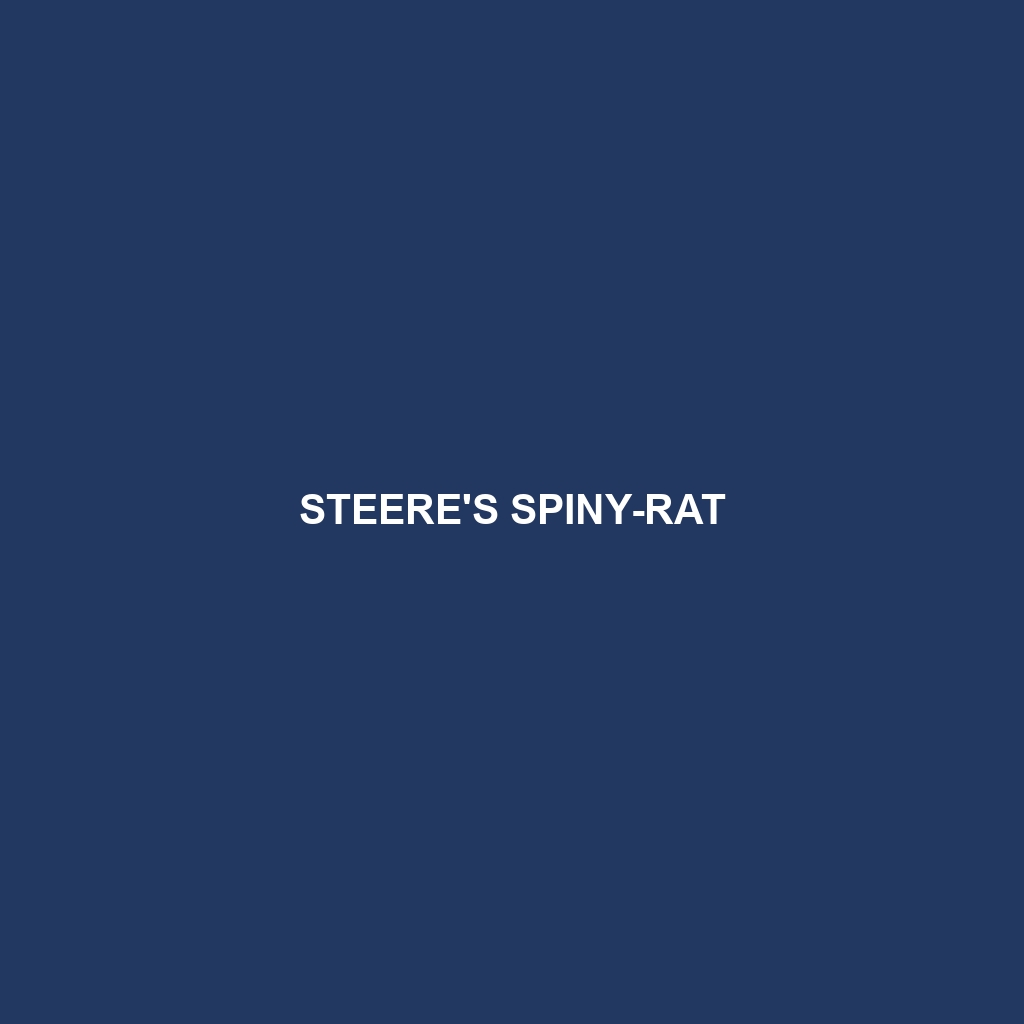Discover the enchanting world of the Red-cheeked Flying Squirrel, a nocturnal marvel thriving in Southeast Asia's lush forests. With their striking reddish-orange cheek patches and impressive gliding abilities, these social creatures play a crucial role in seed dispersal, contributing to the biodiversity of their habitats. Learn about their unique behaviors, diet, and the conservation challenges they face in this informative blog post.
Tag: nocturnal
Northern Flying Squirrel
Discover the captivating life of the Northern Flying Squirrel (*Glaucomys sabrinus*), a nocturnal glider found in North America's mature forests. With their unique patagium, they soar between trees, playing a vital role in seed dispersal and maintaining ecosystem health. Learn about their social behavior, diverse diet, and conservation challenges in this insightful exploration.
Tibetan Woolly Flying Squirrel
Discover the captivating Tibetan Woolly Flying Squirrel, a remarkable glider found in the mountainous forests of Tibet, Bhutan, and northern India. With its striking physical features and nocturnal behavior, this unique species plays a crucial role in seed dispersal and forest regeneration. As a vulnerable species facing habitat loss, understanding their ecological significance is more important than ever.
Hazel Dormouse
Discover the enchanting world of the Hazel Dormouse (*Muscardinus avellanarius*), a small rodent thriving in Europe's deciduous woodlands. Learn about their unique characteristics, fascinating behaviors, and vital role in forest ecosystems, as well as the conservation challenges they face in today's changing environment. Join us in exploring the life of this charming, vulnerable species and its importance to biodiversity.
Common Viscacha Rat
Discover the fascinating world of the Common Viscacha Rat (<i>Dolinomys didelphoides</i>), a hardy herbivore thriving in the high-altitude Andes of South America. With its distinctive tufted tail and social behaviors, this nocturnal rodent plays a vital role in its ecosystem, contributing to seed dispersal and maintaining vegetation health. Learn about its unique habitat, dietary habits, and the conservation efforts needed to protect this intriguing species.
Coruro
Discover the intriguing world of the Coruro (*Spalacopus cyanus*), a small herbivorous mammal native to the temperate forests and grasslands of central Chile. Known for its distinctive bushy tail and nocturnal burrowing habits, this vulnerable species plays a crucial role in its ecosystem through seed dispersion and soil aeration, while facing threats from habitat loss due to human activities. Explore its fascinating adaptations and conservation needs in this insightful blog post.
Kirchners’ Viscacha Rat
Discover the intriguing world of the Kirchners' Viscacha Rat, a vulnerable rodent native to the rugged highlands of the Andes. With its distinctive large ears, social behavior, and nocturnal foraging habits, this fascinating species plays a critical role in ecosystem balance while facing threats from habitat loss. Learn more about its unique characteristics, diet, and conservation status in our latest blog post.
Chilean Rock Rat
Discover the fascinating world of the Chilean Rock Rat (<i>Abrocoma bennetti</i>), a unique nocturnal rodent native to the Andean regions of Chile and Argentina. With its remarkable agility, social behavior, and herbivorous diet, this endangered species plays a crucial role in its ecosystem, contributing to plant diversity and serving as prey for local predators. Learn about their habitat, physical traits, reproductive habits, and conservation efforts in this intriguing blog post.
Trinidad Spiny-rat
Discover the Trinidad Spiny-rat, a unique rodent native to the tropical rainforests of Trinidad and Tobago. With their distinctive spiny fur and nocturnal habits, these social animals play a crucial role in seed dispersal and ecosystem health. Learn about their habitat, diet, reproduction, and the conservation challenges they face in this insightful blog post.
Napo Spiny-rat
Discover the fascinating Napo Spiny-rat (*Proechimys simonsi*), a unique rodent native to the lush humid forests of the eastern Andes and Amazon Basin. With its spiny fur, nocturnal habits, and critical role as a seed disperser, this species faces challenges from habitat loss and is classified as vulnerable by the IUCN. Learn about its adaptations, diet, and the vital conservation efforts needed to protect its future.









